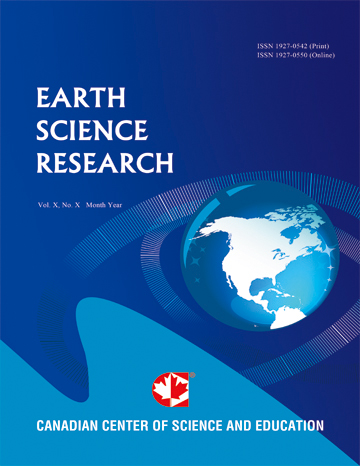Compost Biofilters for Protection of Environmentally Sensitive Areas Receiving Roadway Runoff
- Duncan McTaggart
- William R Trenouth
- Stephen Stajowski
- Hani Farghaly
- Bahram Gharabaghi
Abstract
Runoff from roads is well recognized as containing a host of heavy metals that may degrade water quality. This awareness has driven a focus towards management strategies intended to attenuate the transport of heavy metals to nearby water bodies. Composted biomass has been shown to have the ability to retain common roadway runoff pollutants, leading to interest in its use as a filter material for the protection of environmentally sensitive areas. Compost biofilters can be constructed in a tubular geometry to intercept surface flow and can be amended with polymers for the targeted removal of specific pollutants. Addressing the need for validation of this concept under field conditions, commercially available tubular biofilters with three different polymeric amendments were studied to assess their efficiency in removing heavy metals and total suspended solids. The filters each contained a mixture of municipal compost and were installed in series as a treatment train adjacent to a busy section of highway 401 in southern Ontario, Canada. Untreated inflow concentrations of chromium, cadmium, copper and lead exceeded Ontario Provincial Water Quality Objectives (PWQO). The biofilter treatment train reduced chromium to below its PWQO, while copper remained above. Results demonstrate removal efficiencies for the treatment train ranging from 15.5% (nickel) to 93.6% (chromium). The low removal efficiency of nickel is attributed in part to its low inflow concentration. Each consecutive filter also reduced TSS concentrations, with an event mean removal efficiency of 50% for the treatment train as a whole.
- Full Text:
 PDF
PDF
- DOI:10.5539/esr.v7n2p88
Index
Contact
- Lesley LuoEditorial Assistant
- esr@ccsenet.org
